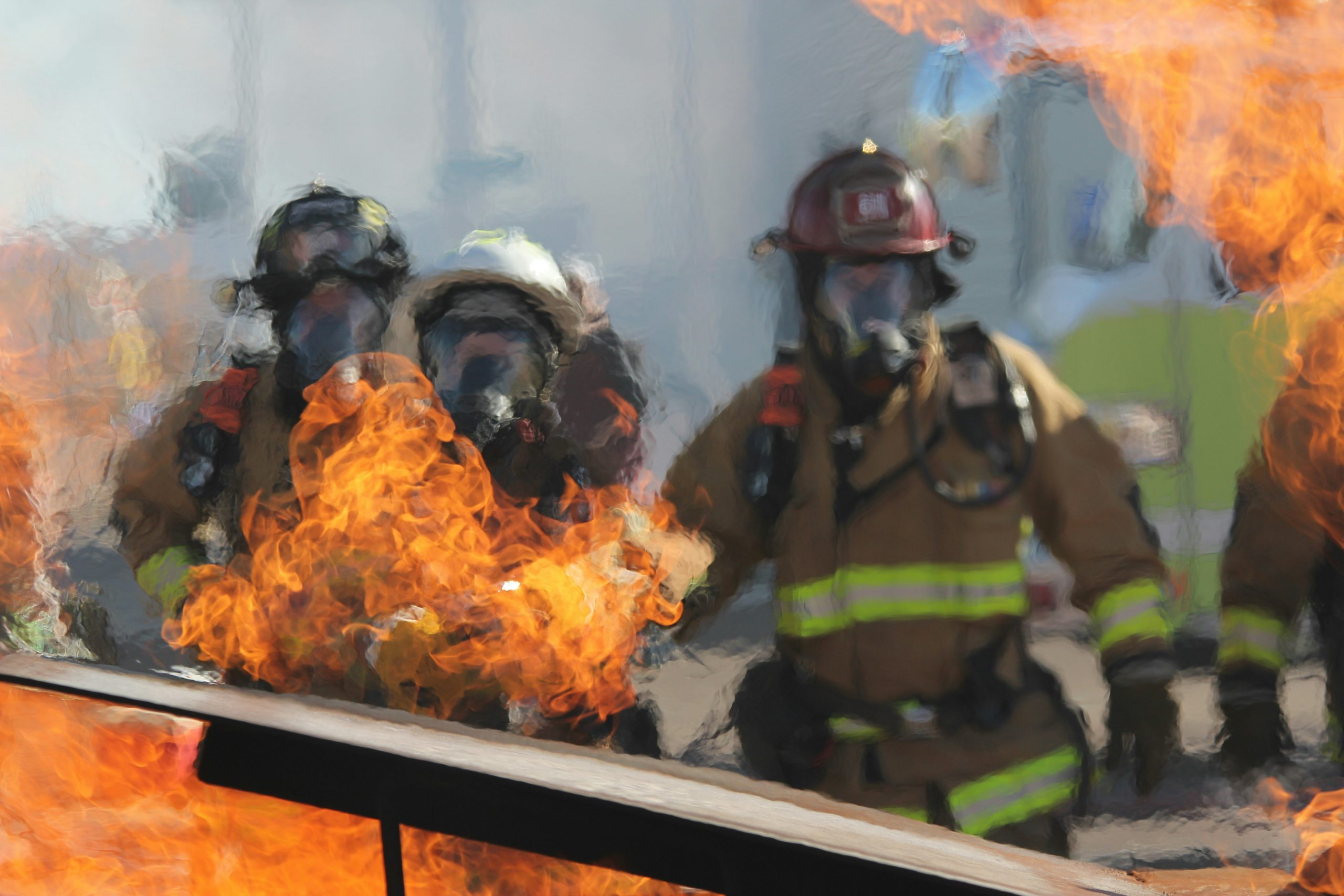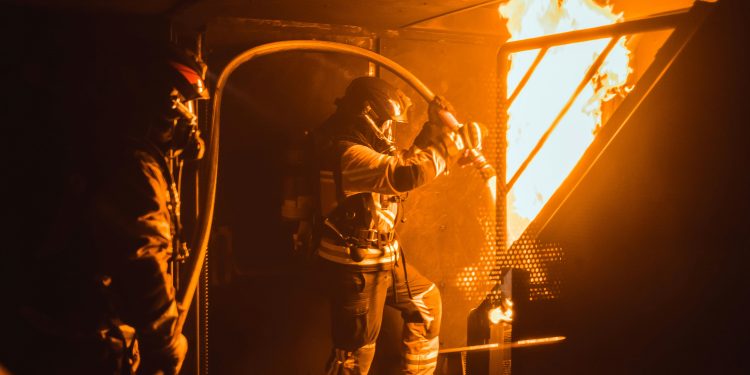The European Union has mobilized its civil protection mechanism for Spain, dispatching two French Canadair firefighting aircraft to Galicia as the country battles its worst wildfire season in years. This marks Spain’s first-ever activation of the EU emergency system since its creation, with the death toll rising to three after a volunteer firefighter succumbed to severe burns in León.
Prime Minister Pedro Sánchez paid tribute to the fallen responders, while authorities arrested two more suspected arsonists in Castille and León—bringing total fire-related detentions to ten this summer.
Meanwhile, Spain’s state weather agency AEMET has warned that the crisis will intensify as a brutal heatwave persists until Monday, with temperatures reaching 44°C (111°F) and winds accelerating flame fronts.

Over 700 residents were evacuated in Cáceres province alone, joining the thousands displaced nationwide. The EU’s latest data reveals Spain accounts for 25% of all wildfire damage across the bloc this year, with 157,000 hectares (388,000 acres) burned (equivalent to 215,000 football pitches). Climate scientists confirm such megafires are becoming more frequent and intense due to global warming, which dries vegetation into perfect tinder.
Southern Europe in Flames with Greece, Albania Facing Similar Crises
The disaster extends beyond Spain, with Greece fighting catastrophic fires on Chios island and the Peloponnese for 72 consecutive hours. Some 95 injuries have been reported as flames stretch dozens of kilometers, forcing dramatic sea evacuations.
Albania and Turkey also battle infernos that have hospitalized multiple firefighters. EU officials note over 629,000 hectares (1.55 million acres) have burned continent-wide in 2024—an area larger than Delaware—prompting Greece, Bulgaria, Montenegro and Albania to also activate the emergency assistance mechanism.
In other but still similar news, Spanish Civil Guard investigations reveal at least ten intentionally set fires since June, including the León blazes that killed two volunteers. Interior Minister Fernando Grande-Marlaska emphasized that even negligent acts like discarded cigarettes or unattended barbecues carry criminal penalties. Given the tinderbox conditions expected through August, authorities warn the death toll and destruction could worsen without international support.
The French water bombers now stationed in Galicia stand ready as a critical rapid-response asset when new fires erupt.
While no single weather event can be solely attributed to climate change, meteorologists confirm human-caused warming has extended Spain’s fire season by six weeks since the 1980s.
The current heatwave (Spain’s third this summer) has shattered temperature records in twelve provinces, creating conditions where a single spark can spawn megafires within hours. EU Environment Commissioner Virginijus Sinkevičius warned these disasters represent “the new normal,” urging member states to triple wildfire prevention budgets.
The Emergency Response Challenges in Rural Spain
The fires expose vulnerabilities in Spain’s rural firefighting infrastructure, where volunteer brigades (like those in León) often bear the brunt of frontline firefighting. Many villages lack adequate evacuation routes, forcing last-minute rescues along smoke-choked roads.
With EU assistance now arriving, focus shifts to protecting critical biodiversity zones like Doñana National Park and the Picos de Europa, where endangered species face habitat annihilation. As Sánchez pledged unlimited resources to combat the crisis, analysts warn the true test will come this weekend when forecasted lightning storms could ignite new blazes across the parched landscape.

















